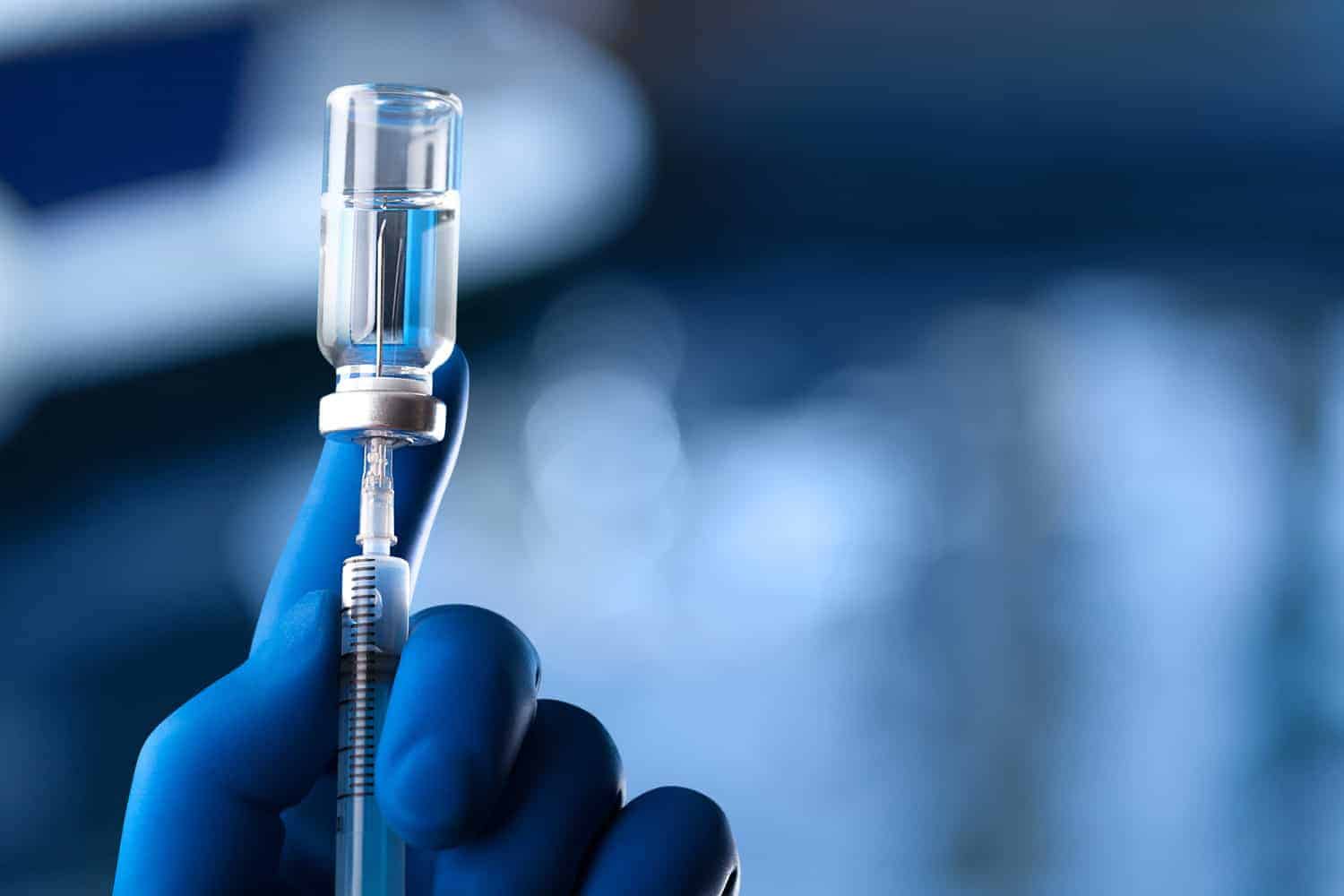There are a number of vaccines distributed only or mostly within the country where they were developed, though a few have limited international reach.

Picture: iStock
Some have become global mainstays and others are staying local: here is an overview of more than 20 approved Covid-19 vaccines currently in use, and a few that fell by the wayside.
Messenger RNA (mRNA) vaccines developed by US-German alliance Pfizer/BioNTech and American company Moderna have emerged as the most successful vaccines in use today.
A survey from Canada’s McGill University shows the Pfizer jab Comirnaty has been approved in 100 countries, while Moderna’s Spikevax is authorised in 70.
Ground-breaking mRNA technology teaches our cells to make a harmless piece of protein found on the surface of the virus that causes Covid-19, prompting the immune system to develop antibodies that can fight off the real thing in case of infection.
A Chinese study published online this week comparing vaccine efficacy data found that Comirnaty and Spikevax work better than other jabs, even against the Delta variant currently dominating across the globe. The study has yet to be peer-reviewed.
This video is no longer available.
A widely-distributed vaccine developed jointly by Swedish firm AstraZeneca and Britain’s Oxford University, along with another made by Johnson & Johnson affiliate Janssen-Cilag in the US, are both based on viral vector technology.
The more traditional approach uses a genetically engineered version of the common cold adenovirus as a “vector” to shuttle genetic instructions into human cells.
AstraZeneca’s jab, named Vaxzevria, is approved in the European Union and was widely distributed after its release, but it was restricted in many countries when the vaccine was linked to statistically rare instances of blood clots.
It does not have US approval, and has been largely used to supply the Covax jab scheme that provides shots to poorer countries.
Janssen’s was the fourth jab to be approved in the EU, but its seemingly convenient one-and-done dosage became a liability with the rise of Delta, which experts say is too resistant to be beaten with just one dose of any vaccine.
This video is no longer available.
There are a number of vaccines distributed only or mostly within the country where they were developed, though a few have limited international reach.
China’s two WHO-approved vaccines — the Sinopharm jab, and CoronaVac from the lab Sinovac — have been given in about 50 countries. Two other Chinese firms, Cansino and Anhui Zhifei Longcom, are also marketing vaccines within China.
Russia has approved four domestically developed vaccines including Sputnik V, which currently has the green light in about 70 countries but lacks approval from the EU and the World Health Organization (WHO).
India gave the green light to its Zydus Cadila vaccine at the end of August, making it the first DNA vaccine ever approved for use in humans.
The jab uses circular strands of DNA to prime the immune system against the virus, according to Nature magazine.
It was the second home-grown vaccine India approved after Covaxin, a shot developed by Bharat Biotech labs. India also produces its own version of the AstraZeneca jab under the name Covishield.
In Cuba, three locally-developed vaccines are available: Abdala, Soberana Plus and Soberana 2.
Other jabs that have local approval but are yet to be widely distributed include Iran’s Barekat vaccine, QazVac in Kazakhstan and Taiwan’s Medigen.
This video is no longer available.
Sputnik V and CoronaVac are under rolling review by the European Medicines Agency (EMA) — a first step towards EU approval — along with other candidates.
One is Novavax, a two-jab vaccine from the US that relies on proteins to carry harmless fragments of the coronavirus to produce an immune reaction.
German mRNA jab CureVac is also under review, though efficacy tests showed disappointing results at the end of June.
A total of 121 Covid-19 vaccines, including those that have been approved, have undergone clinical tests on humans, according to a WHO review published on September 24.
Some 124 jabs are in pre-clinical trials meaning they have not yet been tested in humans.
On Tuesday French pharmaceutical giant Sanofi, which had lagged behind rivals to produce a jab, said it was stopping work on an mRNA vaccine despite positive test results.
Merck laboratories abandoned efforts to produce a jab in January, saying its candidates produced immune responses that were “inferior” to successful Covid-19 vaccines.
A few weeks prior in December 2020 Australia had dropped development of a vaccine after clinical trials produced a false positive HIV result among subjects involved in early-stage testing.
The vaccine used a small amount of HIV protein but triggered an antibody response that could interfere with HIV screening.
Download our app